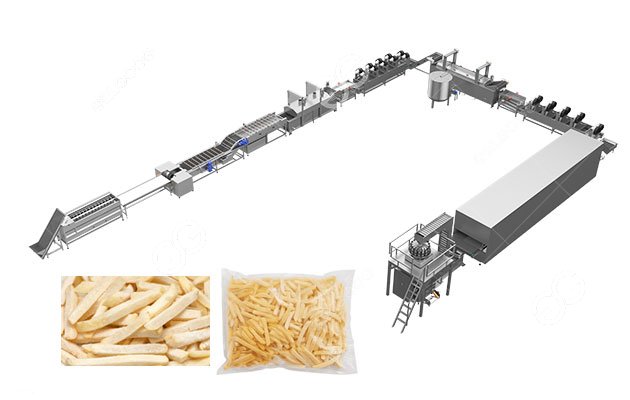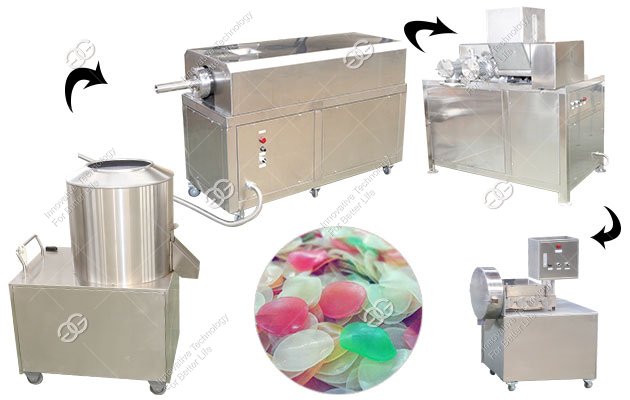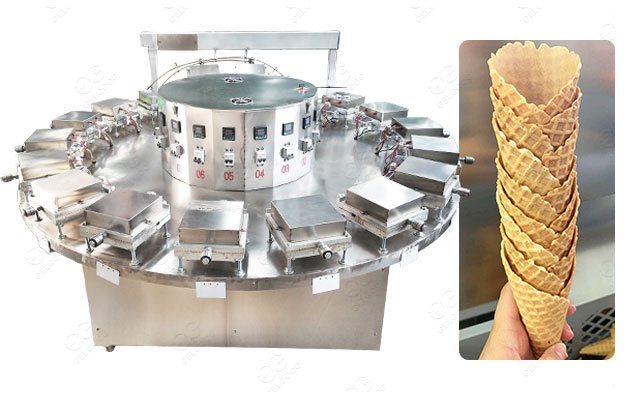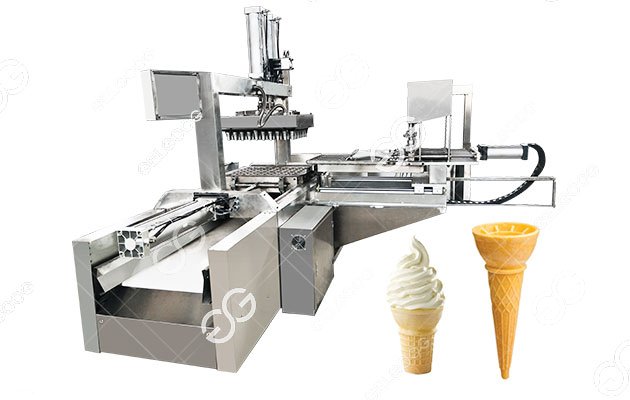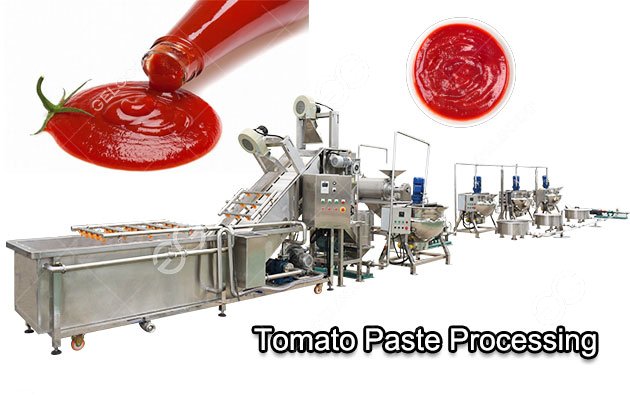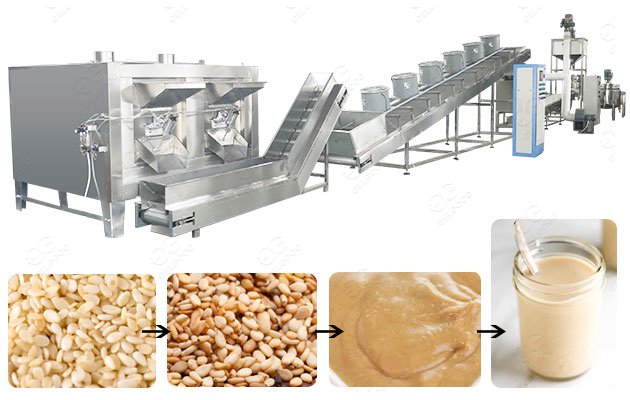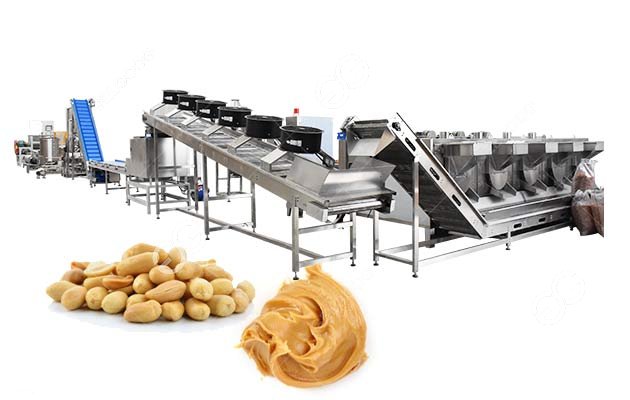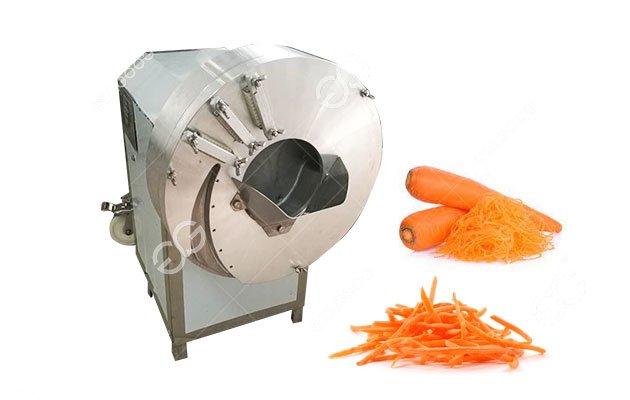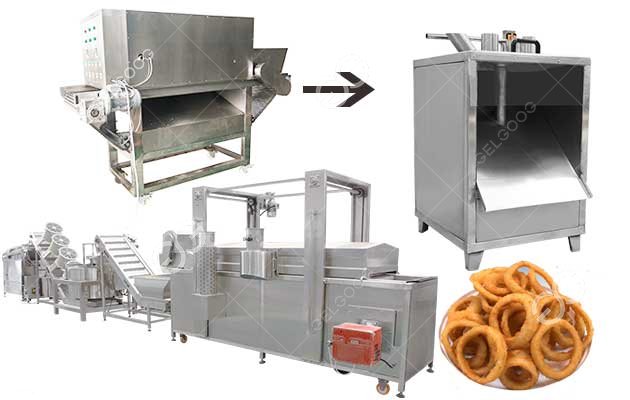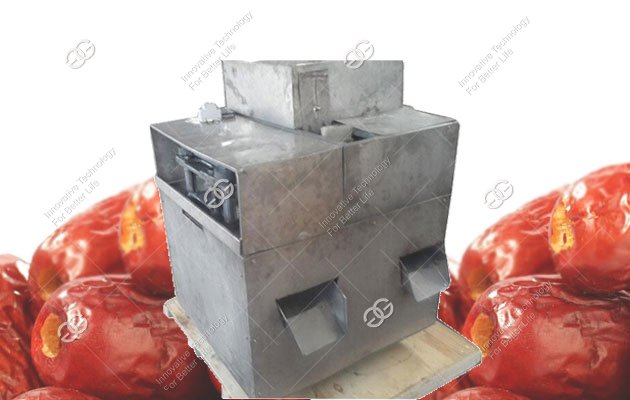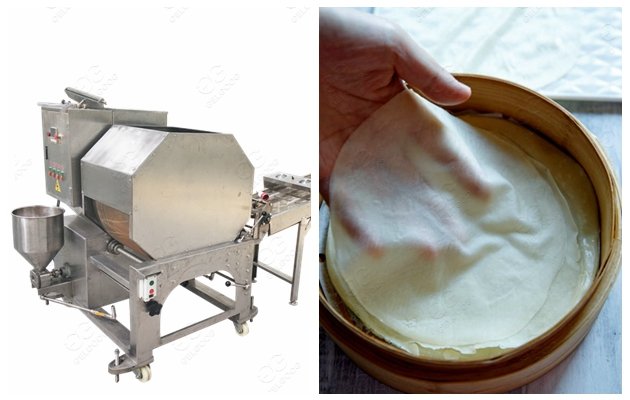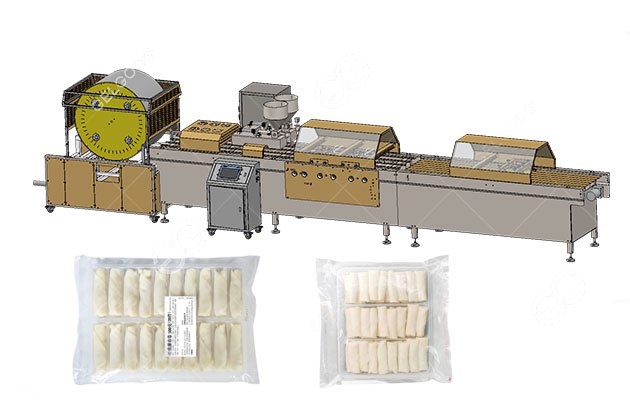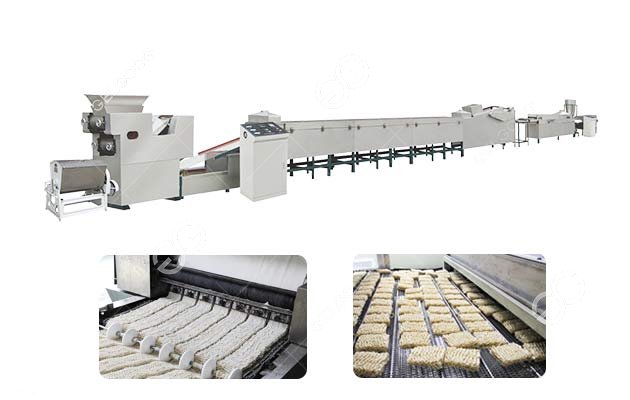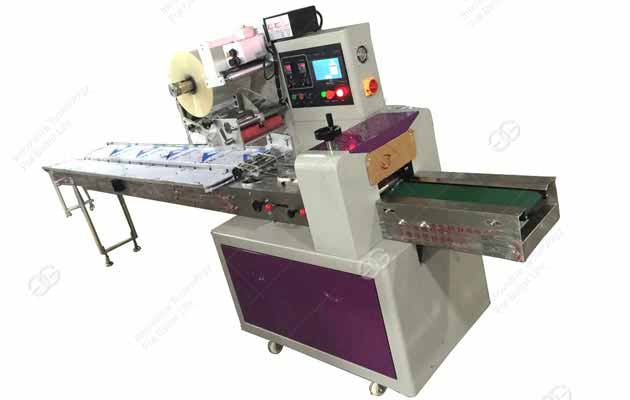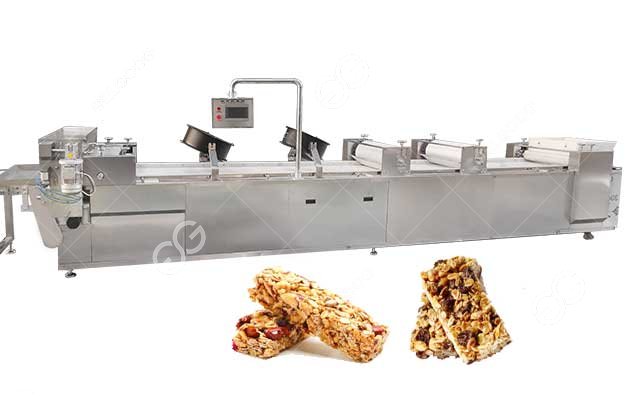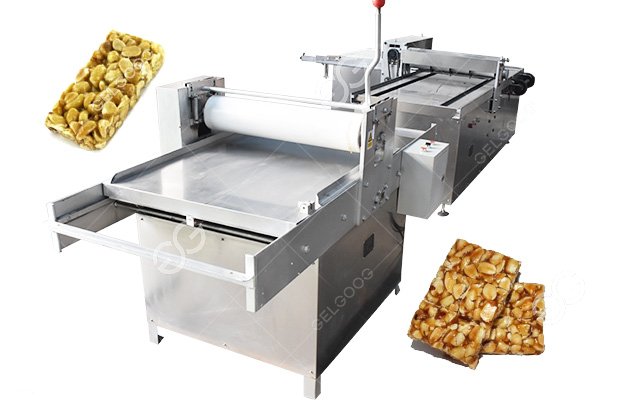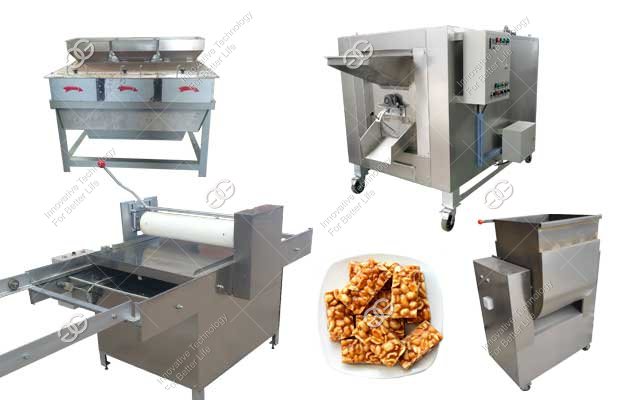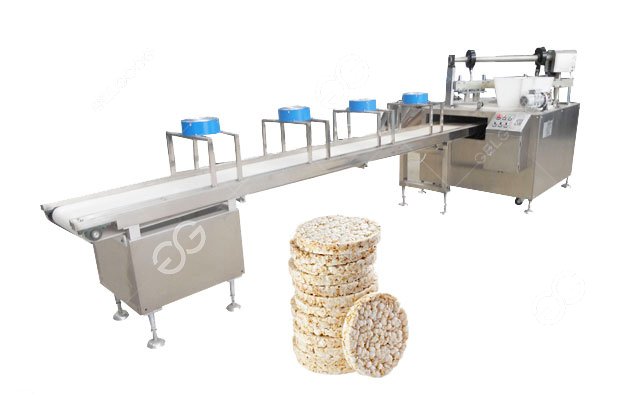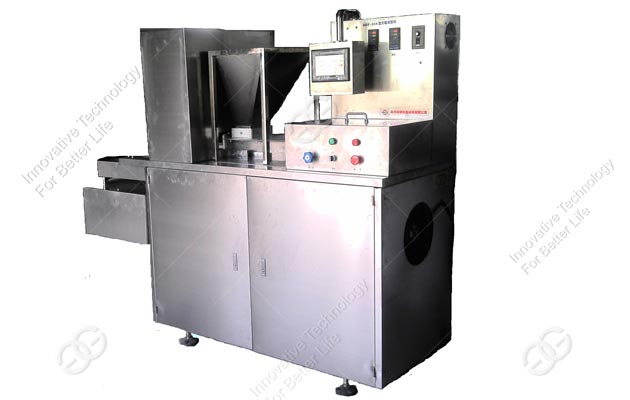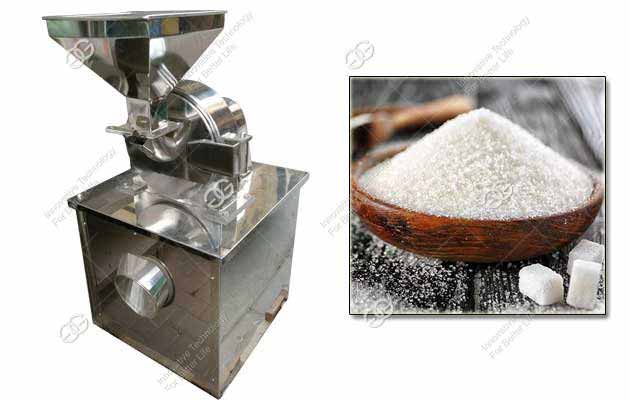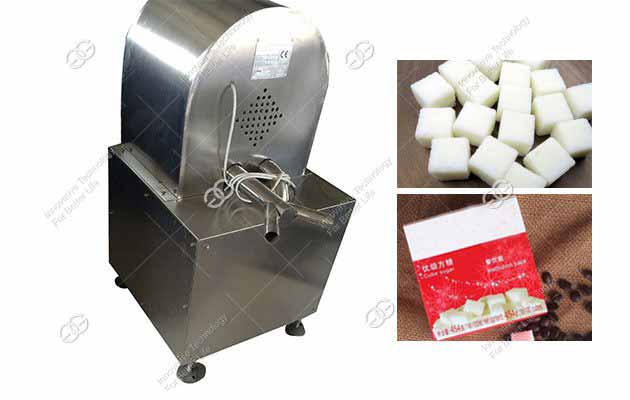Edible food packaging made from milk proteins
2017-01-10 by sherry
The researchers are presenting their work today at the 252nd National Meeting & Exposition of the American Chemical Society (ACS).
"The protein-based films are powerful oxygen blockers that help prevent food spoilage. When used in packaging, they could prevent food waste during distribution along the food chain," says research leader Peggy Tomasula, D.Sc.
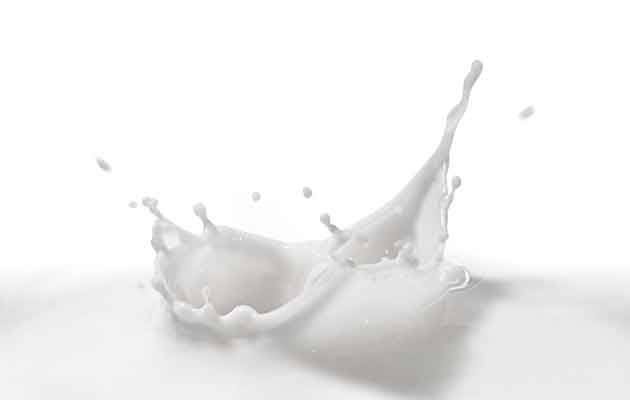
And spoiled food is just one issue. Current food packaging is mainly petroleum-based, which is not sustainable. It also does not degrade, creating tons of plastic waste that sits in landfills for years.
To create an all-around better packaging machine solution, Tomasula and colleagues at the U.S. Department of Agriculture are developing an environmentally friendly film made of the milk protein casein. These casein-based films are up to 500 times better than plastics at keeping oxygen away from food and, because they are derived from milk, are biodegradable, sustainable and edible. Some commercially available edible packaging varieties are already on the market, but these are made of starch, which is more porous and allows oxygen to seep through its microholes. The milk-based packaging, however, has smaller pores and can thus create a tighter network that keeps oxygen out.
Although the researchers' first attempt using pure casein resulted in a strong and effective oxygen blocker, it was relatively hard to handle and would dissolve in water too quickly. They made some improvements by incorporating citrus pectin into the blend to make the packaging even stronger, as well as more resistant to humidity and high temperatures.
After a few additional improvements, this casein-based packaging looks similar to store-bought plastic wrap, but it is less stretchy and is better at blocking oxygen. The material is edible and made almost entirely of proteins. Nutritious additives such as vitamins, probiotics and nutraceuticals could be included in the future. It does not have much taste, the researchers say, but flavorings could be added.
"The coatings applications for this product are endless," says Laetitia Bonnaillie, Ph.D., co-leader of the study. "We are currently testing applications such as single-serve, edible food wrappers. For instance, individually wrapped cheese sticks use a large proportion of plastic -- we would like to fix that."
Because single-serve pouches would need to stay sanitary, they would have to be encased in a larger plastic or cardboard container for sale on store shelves to prevent them from getting wet or dirty.
"The protein-based films are powerful oxygen blockers that help prevent food spoilage. When used in packaging, they could prevent food waste during distribution along the food chain," says research leader Peggy Tomasula, D.Sc.

And spoiled food is just one issue. Current food packaging is mainly petroleum-based, which is not sustainable. It also does not degrade, creating tons of plastic waste that sits in landfills for years.
To create an all-around better packaging machine solution, Tomasula and colleagues at the U.S. Department of Agriculture are developing an environmentally friendly film made of the milk protein casein. These casein-based films are up to 500 times better than plastics at keeping oxygen away from food and, because they are derived from milk, are biodegradable, sustainable and edible. Some commercially available edible packaging varieties are already on the market, but these are made of starch, which is more porous and allows oxygen to seep through its microholes. The milk-based packaging, however, has smaller pores and can thus create a tighter network that keeps oxygen out.
Although the researchers' first attempt using pure casein resulted in a strong and effective oxygen blocker, it was relatively hard to handle and would dissolve in water too quickly. They made some improvements by incorporating citrus pectin into the blend to make the packaging even stronger, as well as more resistant to humidity and high temperatures.
After a few additional improvements, this casein-based packaging looks similar to store-bought plastic wrap, but it is less stretchy and is better at blocking oxygen. The material is edible and made almost entirely of proteins. Nutritious additives such as vitamins, probiotics and nutraceuticals could be included in the future. It does not have much taste, the researchers say, but flavorings could be added.
"The coatings applications for this product are endless," says Laetitia Bonnaillie, Ph.D., co-leader of the study. "We are currently testing applications such as single-serve, edible food wrappers. For instance, individually wrapped cheese sticks use a large proportion of plastic -- we would like to fix that."
Because single-serve pouches would need to stay sanitary, they would have to be encased in a larger plastic or cardboard container for sale on store shelves to prevent them from getting wet or dirty.
Message
 Whatsapp:0086-155-1557-1373
Whatsapp:0086-155-1557-1373 Русский язык
Русский язык


